This mask was created in the style of the Igbo and/or Idoma people of Nigeria. The mask has contrasting black and white coloring and metal teeth. It measures 17 inches tall and weighs 3.5 pounds. The chin has a significant crack that may have been previously repaired and there is general cracking and wear and tear throughout – please see photos. Stand not included.
| Type of Object | Face Mask |
|---|---|
| Country of Origin | Nigeria |
| Ethnicity | Idoma or Igbo |
| Material | Wood, Pigment |
| Approximate Age | Unknown |
| Height (Inches) | 17" |
| Width (Inches) | 10.5" |
| Depth (Inches) | 8.5" |
| Weight (Pounds) | 3.5 lbs |
| Overall Condition | Significant crack on chin – previous repair. Cracking and wear and tear |
You must be logged in to post a review.
Tribe Information
About the Idoma People
“The people living on the banks of the Niger and Benue Rivers share many social and artistic traditions. They are thought to have common ancestors known as the Akpoko people. Traditionally, they principally make their money by acting as trade intermediaries between the inland people and the people who inhabit the Niger River Delta.
Living at the confluence of the Benue and Niger Rivers, the 500,000 Idoma people are predominantly farmers and traders. Artistically, they have achieved a reputation for their female fecundity figures showing an open mouth with carved teeth and vertical keloids on the temples. The face is usually painted with white pigments – a stylistic characteristic also shared with the Igbo people.
Source:
Baquart, Jean-Baptiste. The Tribal Arts of Africa. New York: Thames and Hudson Inc. 1998. Print.
About the Igbo People
The Igbo have an oral history that tells of their origins having come from a ‘sky being’ whom they call Eri. Eri was sent by Chikwu (God) down to Earth. When Eri first landed, he sat on an ant-hill looking at a marshy landscape. He began to complain about the conditions, so Chikwu sent a blacksmith who used bellows and charcoal to dry the land. Eri and his people lived plentiful until his death, in which all food ceased. One of Eri’s sons, Nri, objected to the lack of food, in which Chikwu’s reply was for him to sacrifice his first son and daughter and bury them in separate graves. 12 days after Nri complied, yams grew from his son’s grave and coco yam from his daughter’s. Later, Nri decided to kill a male and female slave, burying them the same way he did his children. Again, after 12 days, oil palm grew from the male slave’s grave while a fruit tree grew from that of the female slave. Since the creation of this Igbo oral tradition, all kings trace their origin back to the founding ancestor Eri and each king is a ritual reproduction of him.
Read more about the Igbo here.

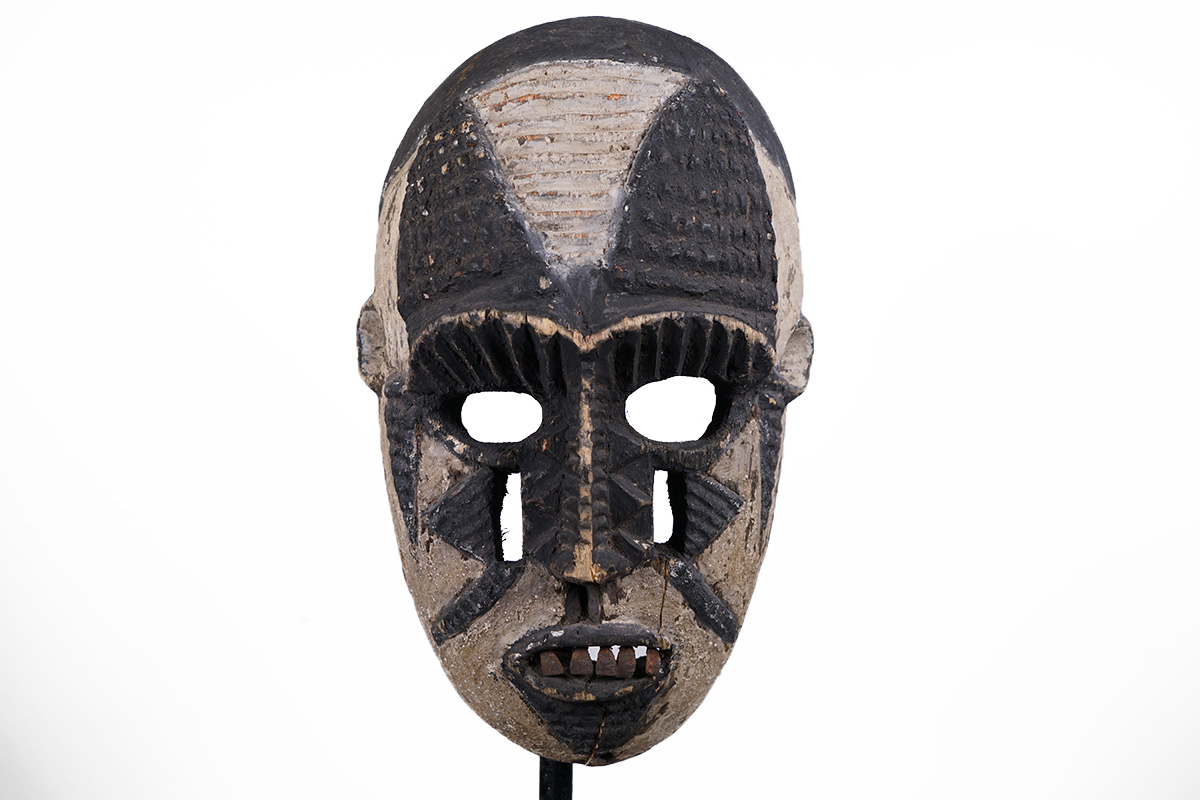



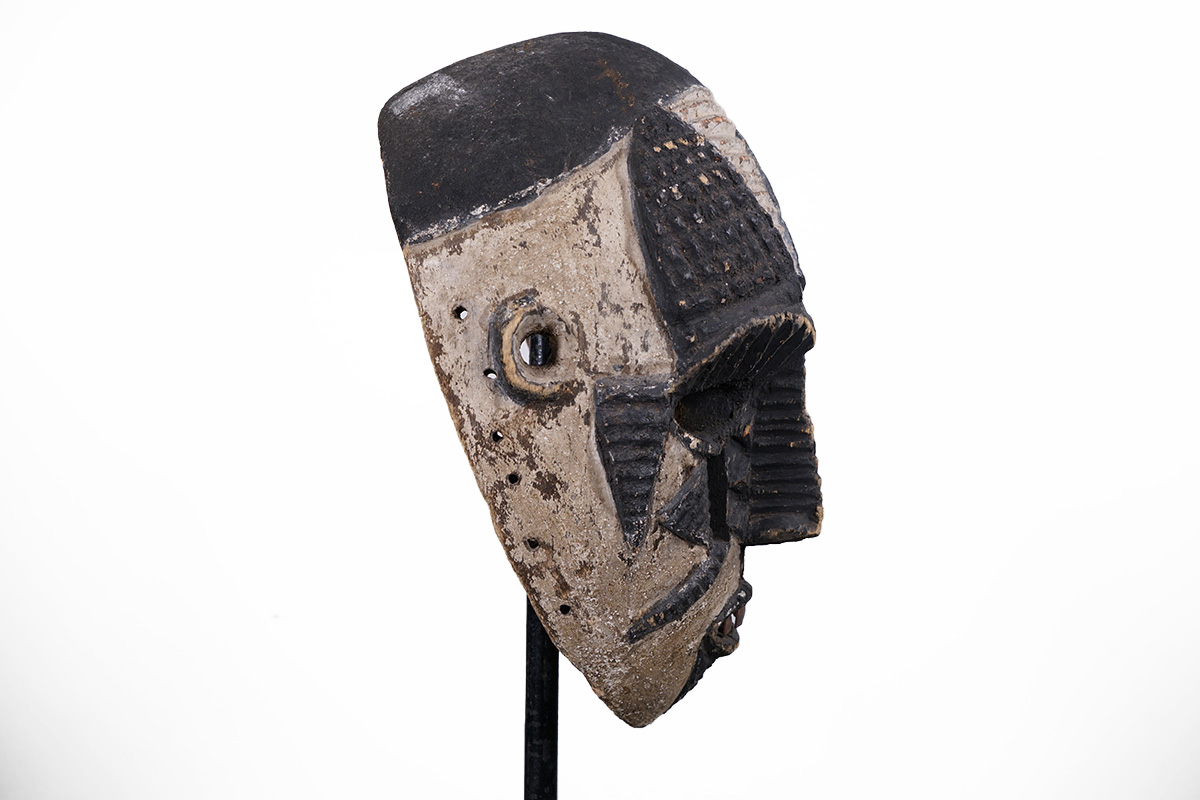
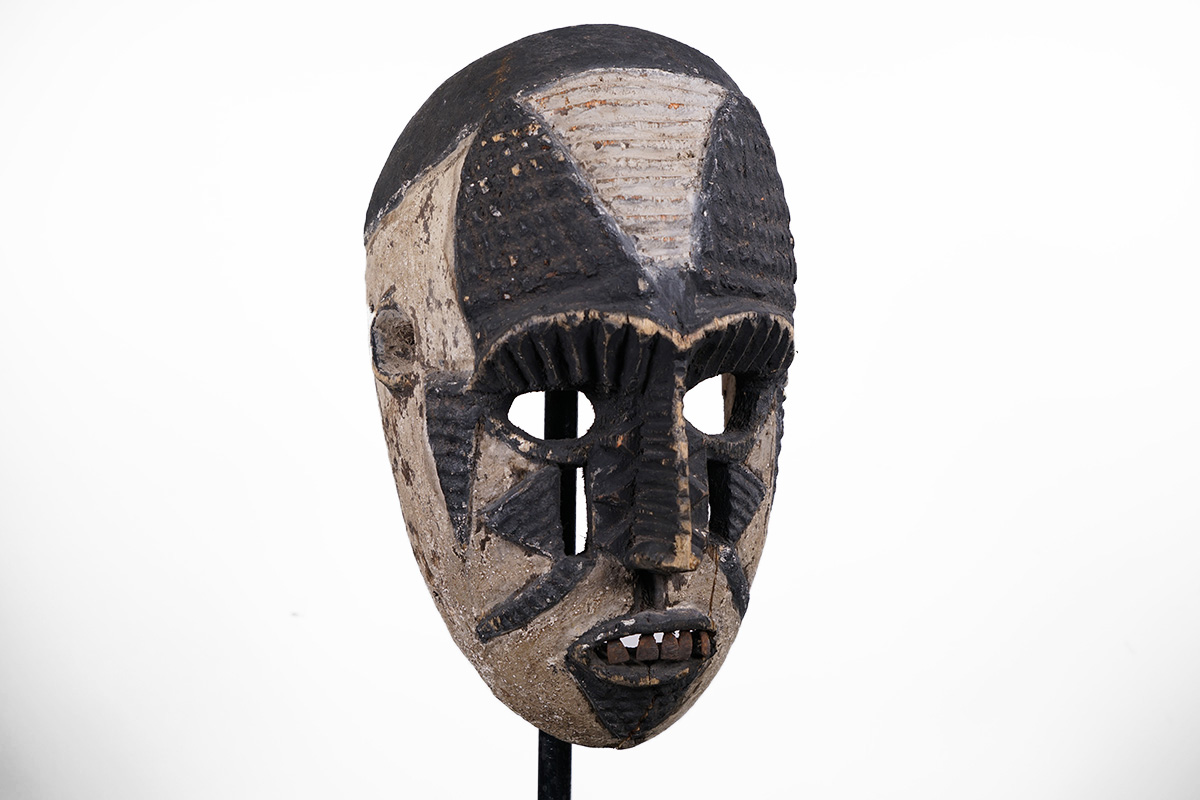
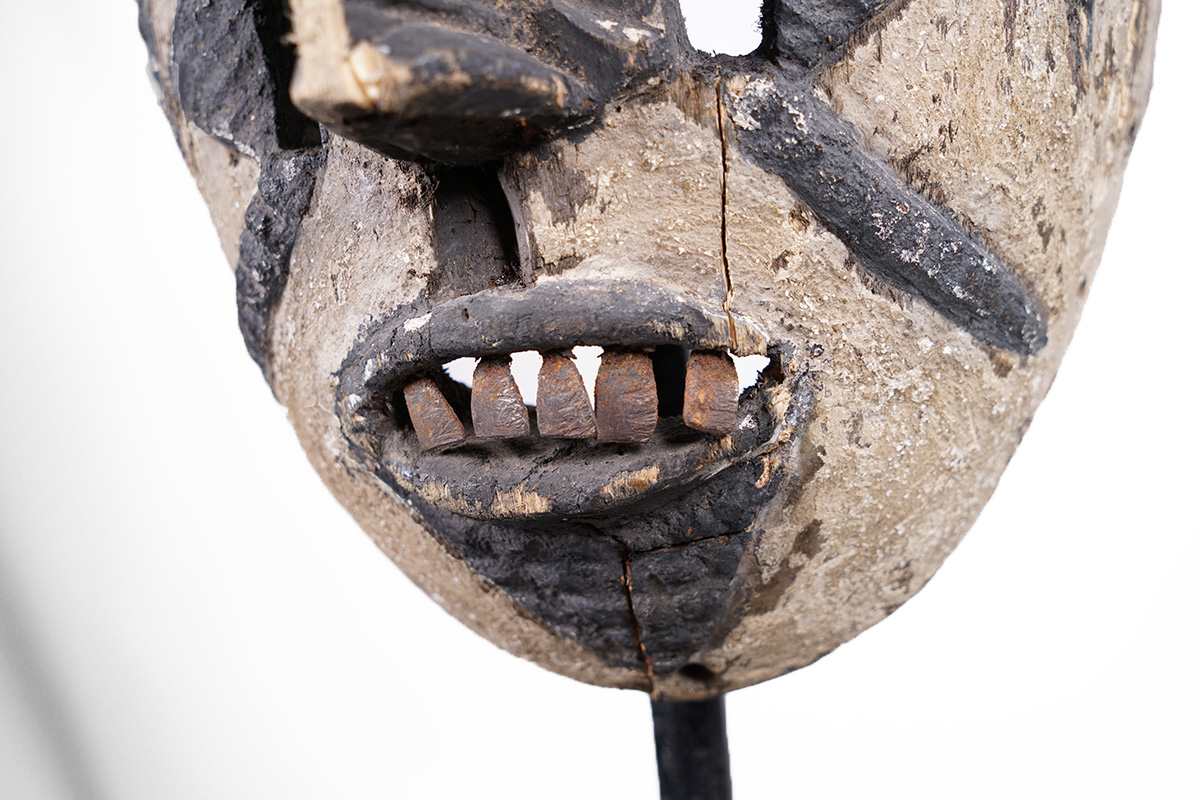





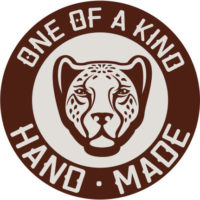
Reviews
There are no reviews yet.